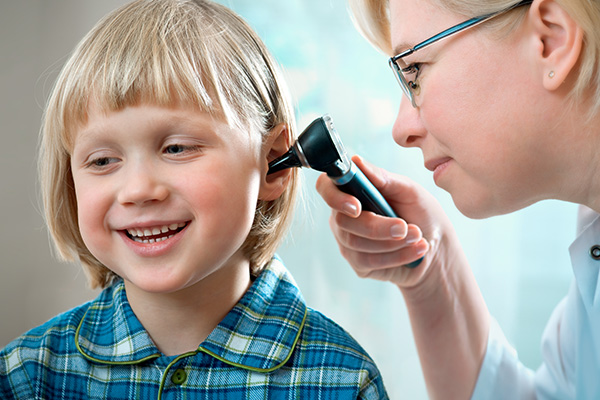How Hearing Changes in Your 30s, 40s and Beyond
Subtle hearing changes often begin earlier than most people expect,
OUR NEW DEERFIELD OFFICE IS NOW OPEN! Click here for more information.


Subtle hearing changes often begin earlier than most people expect,

Regular alcohol use can influence hearing in ways that are easy to miss at

Allergies can affect more than just your nose and throat; they can also